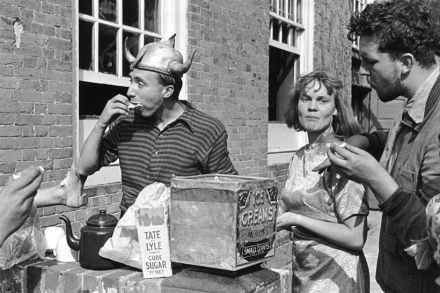Maaza Mengiste’s The Shadow King is certainly no Abyssinian Andy McNab
More from BooksIn 1935 the troops of Benito Mussolini’s sinister-clownish Roman Empire II invaded Ethiopia, in large part out of spite for Italy’s embarrassing defeat there 40 years earlier. Initially largely uncontested — thanks both to Emperor Haile Selassie’s desperate faith in international brotherhood and to a hearty dose of Quislingism from his leading nobles — when






























